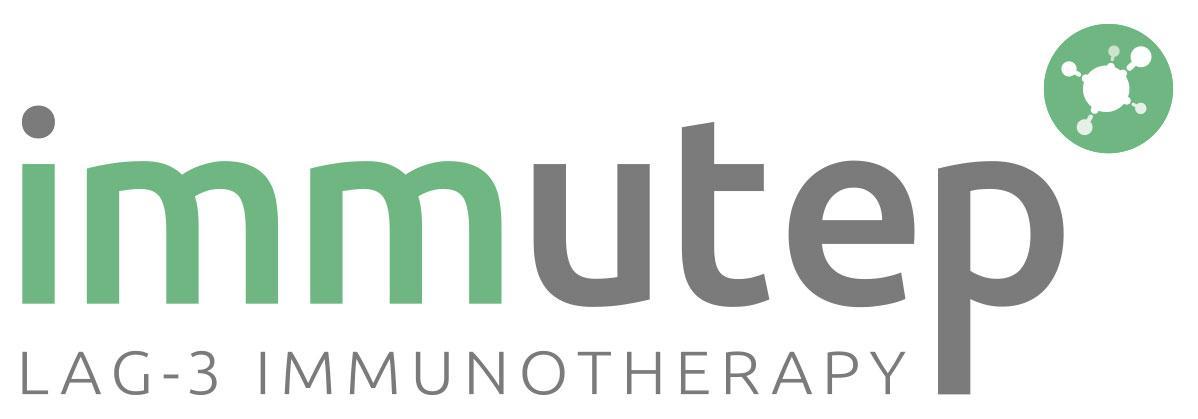1 June 2020
- First complete response reported in 2nd line head and neck squamous cell carcinoma (HNSCC)
- Improving Overall Response Rate (iORR) in HNSCC, increasing to 38.9% (previously 33% iORR)
- Progression free survival (PFS) continues to improve in 1st line non-small cell lung cancer (NSCLC) patients, estimated at more than 9 months
Immutep Limited (ASX: IMM; NASDAQ: IMMP) announces new interim data from its ongoing Phase II TACTI-002 study. This data relates to the cut-off date of 4 May 2020 and shows improving efficacy results. The results were presented as a poster short talk by trial investigator, Dr Enriqueta Felip, of Vall d’Hebron University Hospital in Barcelona, Spain, at the 2020 American Society of Clinical Oncology (ASCO) Virtual Annual Meeting. The poster presentation from Dr. Felip is available on the company’s website (click here).
TACTI-002 is being conducted in collaboration with Merck & Co., Inc., Kenilworth, NJ, USA (known as “MSD” outside the United States and Canada). The study is evaluating the combination of the Company’s lead product candidate eftilagimod alpha (“efti” or “IMP321”) with MSD’s KEYTRUDA® (pembrolizumab) in up to 109 patients with second line Head and Neck Squamous Cell Carcinoma (HNSCC) or Non-Small Cell Lung Cancer (NSCLC) in first and second line.
Immutep CSO and CMO, Dr Frederic Triebel said: “TACTI-002 is generating increasingly promising data from both the NSCLC and HNSCC arms of study, as patients continue to receive efti in combination with KEYTRUDA. Remarkably, one HNSCC patient has even achieved a complete response, bringing the total response rate to an improved 39% in this arm. This is an early indication that the efti in combination with pembrolizumab may more than double the proportion of HNSCC patients that respond to pembrolizumab monotherapy, which is usually 18% or less” (1).
Trial investigator, Dr. Felip said: “It is encouraging to see that patients continue to receive benefit from the combination treatment. We now expect progression free survival to be more than 9 months for patients with 1st line NSCLC, significantly longer than the 5-6 months delivered by pembrolizumab monotherapy. We are also seeing deeper responses in both arms with patients responding after a number of months of treatment. The improving data in both HNSCC and NSCLC patients supports the use of efti in combination with pembrolizumab as a promising new therapeutic option for patients.”
Read the full ASX announcement.




